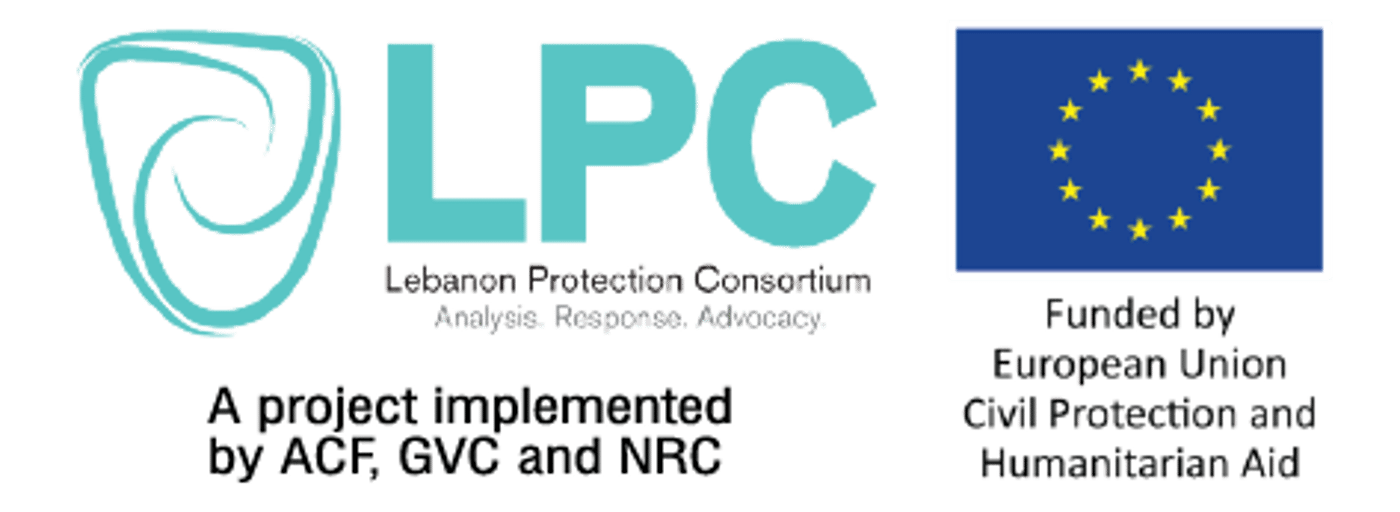At the time of writing, there are over 1,600 positive Covid-19 cases in Lebanon. Although the country is gradually reopening, the wider implications of the Covid-19 pandemic will not go away overnight for vulnerable families. Their challenges will remain long after lockdown is lifted.
The Norwegian Refugee Council (NRC) has been rapidly responding and adapting its work to protect those we serve at this extraordinary time. Collaboration is key to this response, and the Lebanon Protection Consortium, of which we are part together with Action Against Hunger (ACF) and Gruppo di Volontariato Civile (GVC), has enabled us to reach thousands of Syrian and Palestinian refugees, thanks to funding from the European Civil Protection and Humanitarian Aid Operations (ECHO).
Here’s a snapshot of how we are responding to the coronavirus emergency in Lebanon.
Critical life-saving activities
In overcrowded camps and informal tented settlements, access to basic services is often very poor. This challenges refugees’ ability to take precautionary measures such as social distancing, self-isolation and proper hand hygiene.
“Many of the refugees I have met who live in informal tented settlements are very scared of getting infected with the coronavirus because they live in crowded tents with poor hygiene standards,” says Hala, NRC’s emergency response assistant in north Lebanon.
Despite the strict lockdown measures that have been put in place since the beginning of March 2020, our critical life-saving activities have continued – including water, sanitation and shelter support.
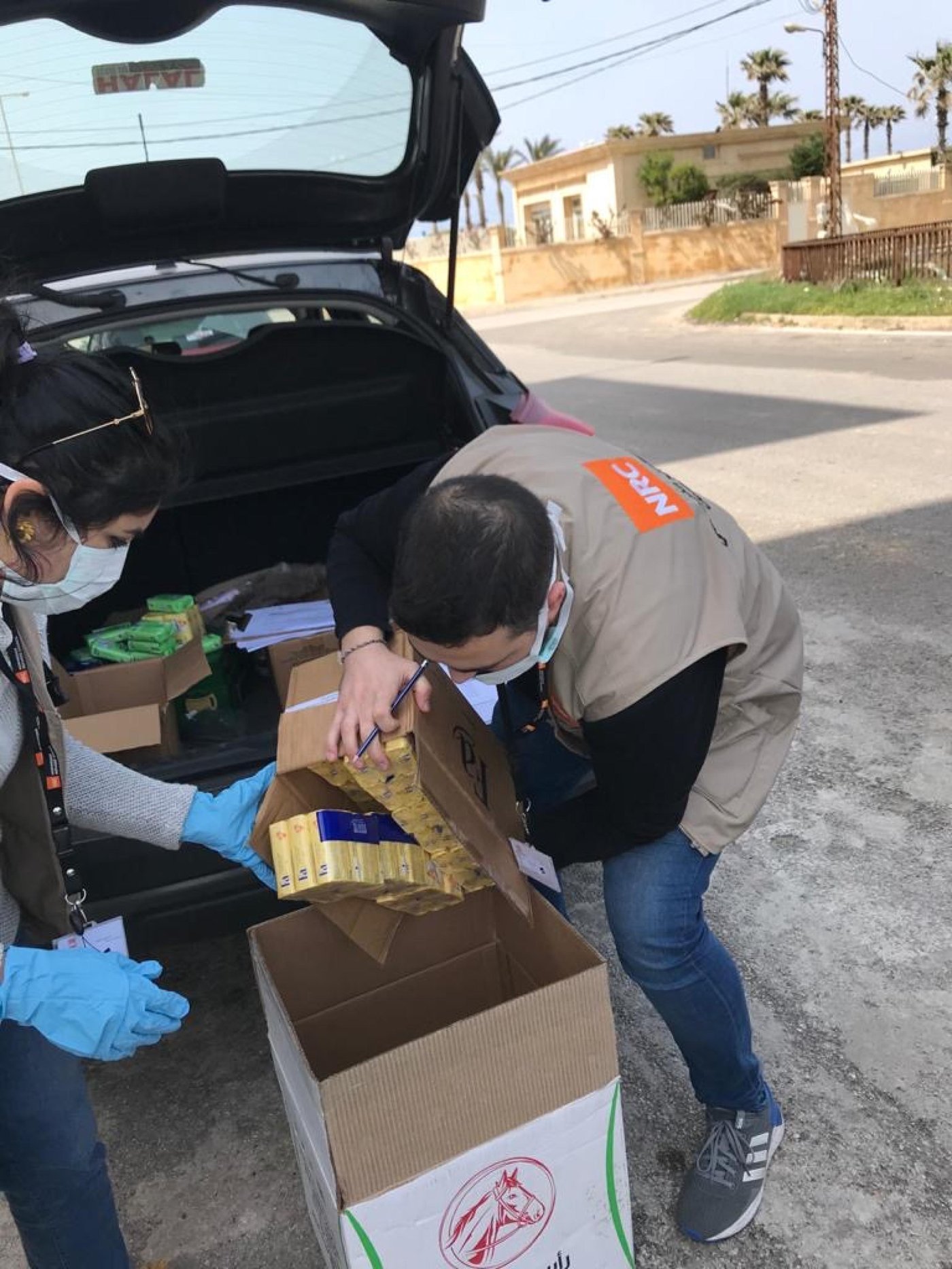
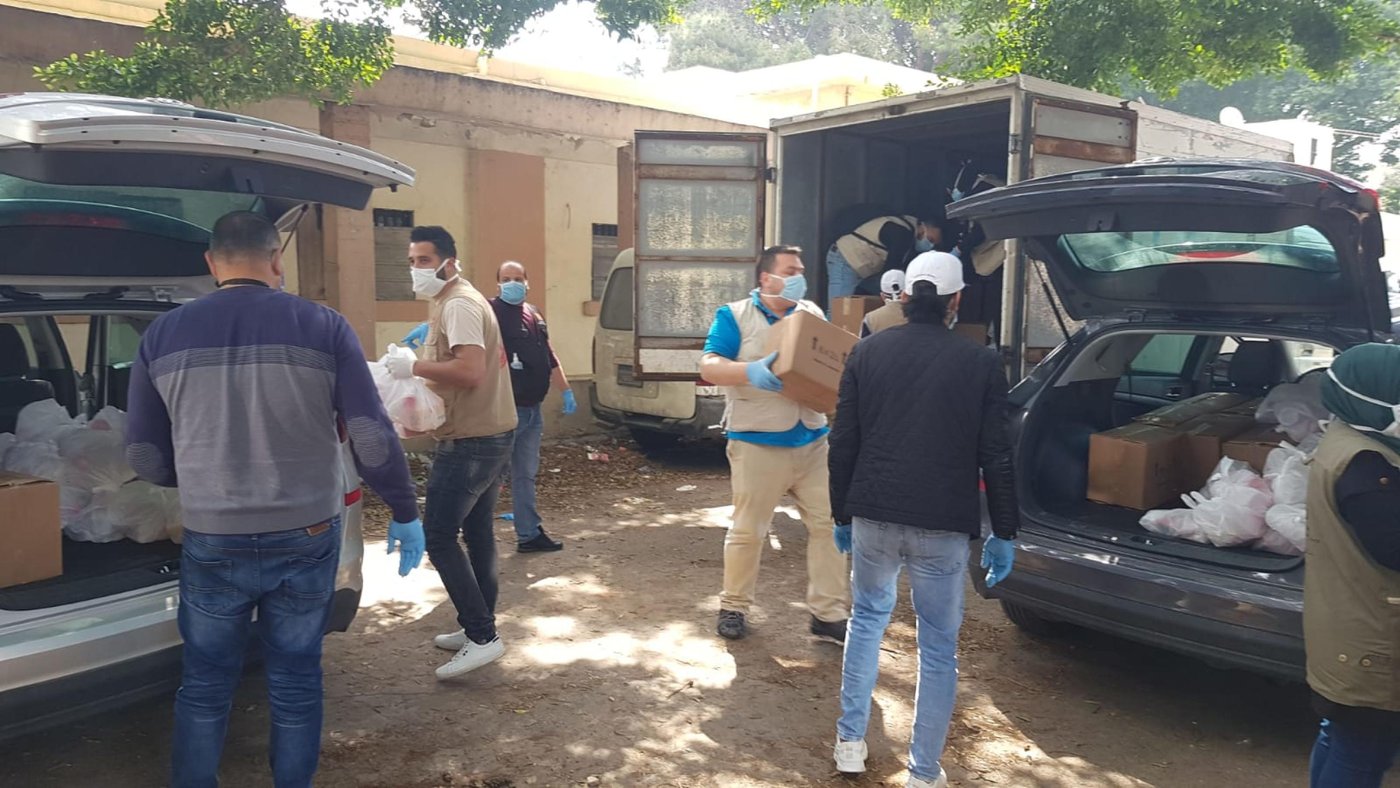
The financial impact of Covid-19
“Due to the lockdown, the majority of refugees are currently not working and are not able to buy the basic goods they need or to pay their rent. They mainly ask us for food items or cash assistance. They say their debts are accumulating even more than during normal times due to the Covid-19 containment measures,” says Hala.
We are closely monitoring the priority needs of refugee communities. Without freedom of movement, many refugees who rely on irregular daily work opportunities struggle to get by. The number of people reporting food as their most pressing need is increasing. Many tell us that they are at risk of being evicted from their shelters due to their inability to pay the rent.
As part of our response, we have distributed cash assistance directly to vulnerable families. This will enable them to buy food and other essential items throughout the country’s lockdown.
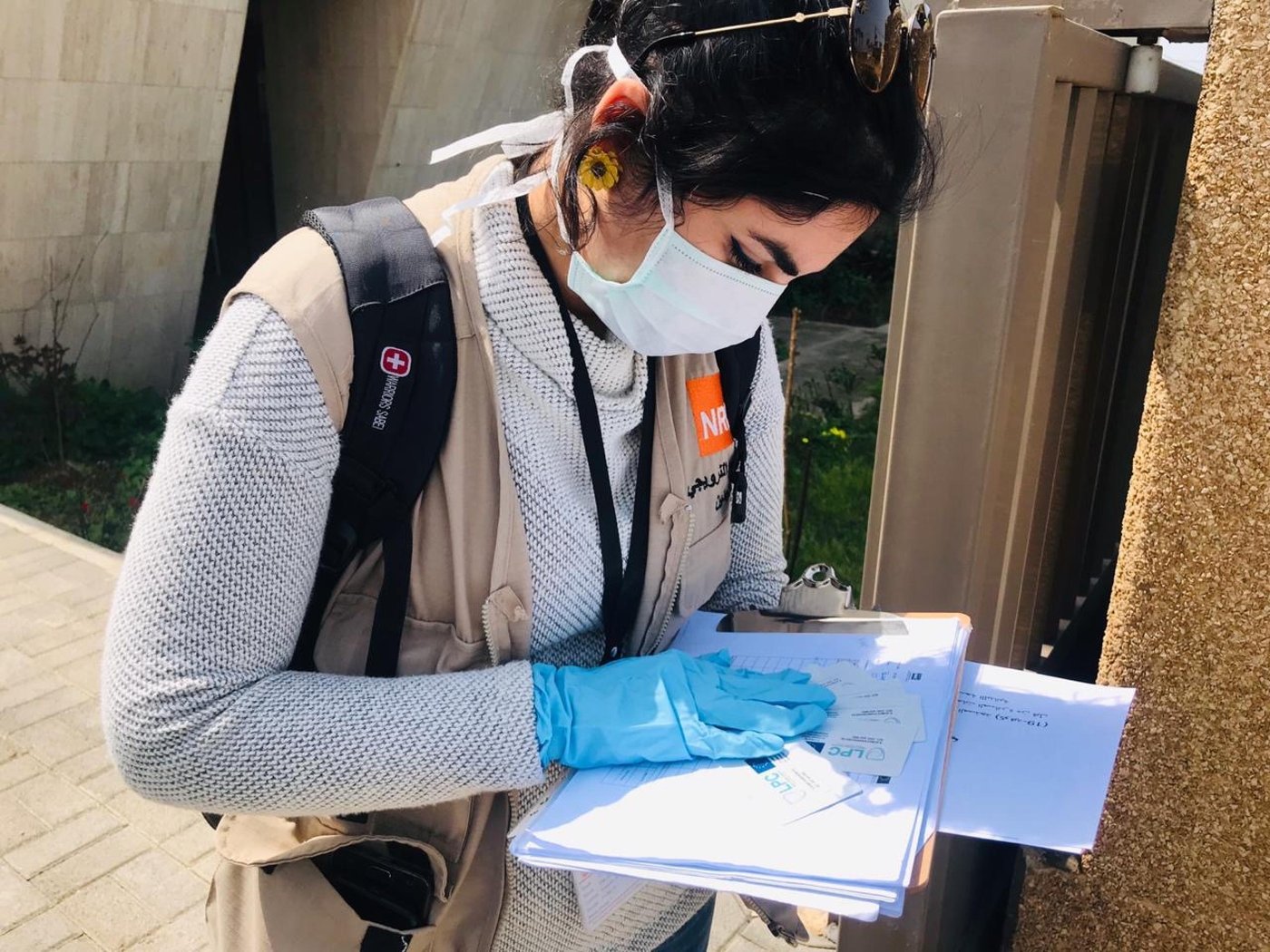
Reaching out – virtually
Our legal teams are offering their services remotely through phone calls and WhatsApp to minimise the risk of exposing refugees and staff to infection. We are reaching out to often isolated refugee communities to provide them with essential information and to raise awareness of the coronavirus and preventive measures.
By maintaining this regular contact, we can also capture the range of needs people might have during these difficult times.
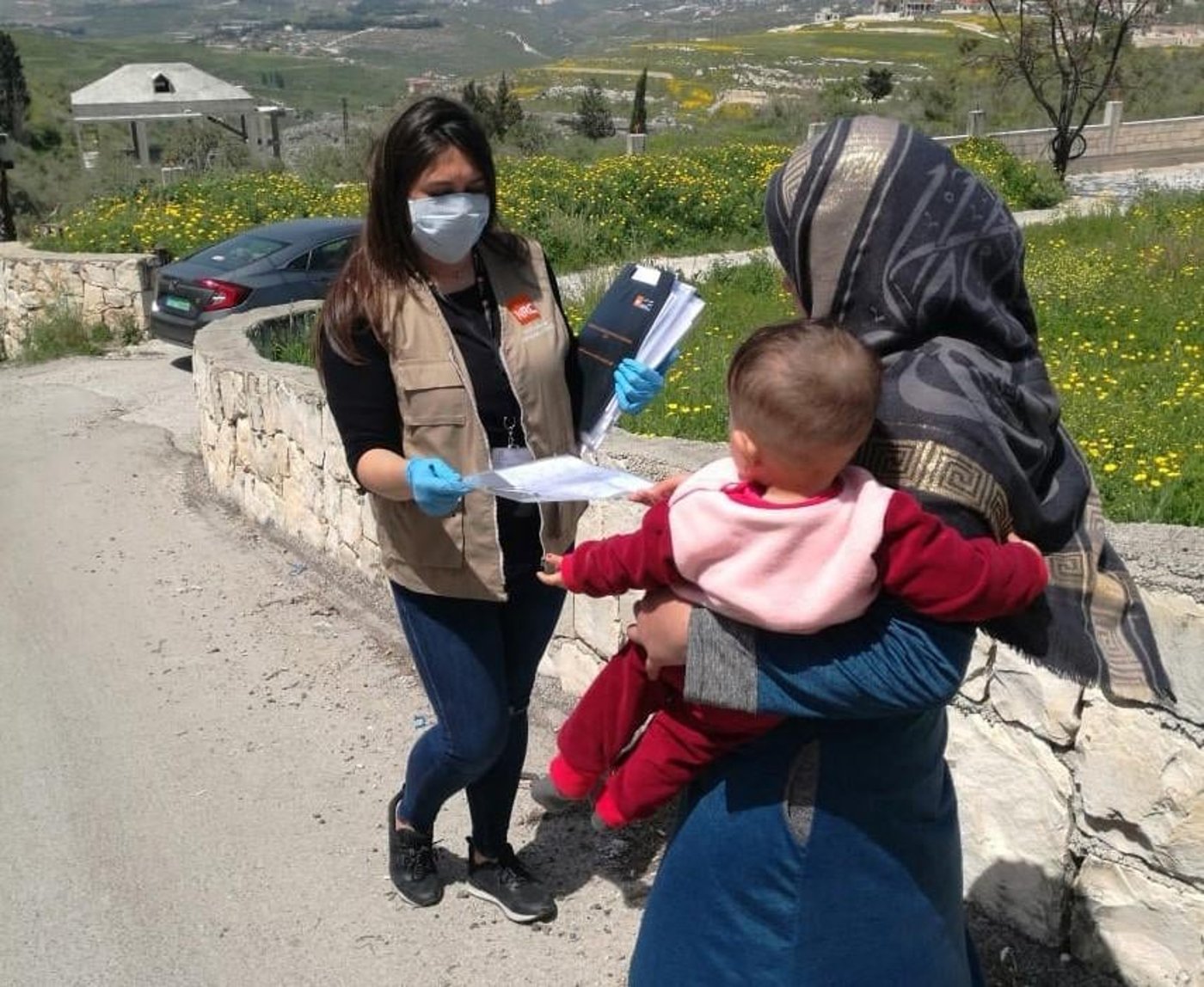
“Since the coronavirus outbreak we can’t move freely anymore. We are mainly staying at home to prevent being infected with the virus,” says Saja, a Syrian refugee in south Lebanon. Thanks to our remote legal assistance programme, we have been able to provide Saja and other parents with birth certificates for their children.
“I am really happy with this support. I now have one issue less to worry about, especially with the current financial situation which leaves us with a daily struggle to make ends meet,” Saja tells us.
Supporting our coronavirus response
Even before the outbreak of the virus, Lebanese society was facing its worst socio-economic crisis in years, with a currency sharply devaluing and the cost of products and services going up. This has impacted greatly on both refugee communities and the Lebanese host population who are also struggling to make ends meet.
Our assistance is needed even more now that Lebanon is struggling to cope with the public health risks linked to the outbreak of Covid-19. The harsh living conditions for many refugee families means that they are particularly at risk at this extraordinary time.
